End Of The World: How Asteroids Can Cause Extinctions

Introduction
Asteroids are fascinating celestial objects that can range in size from a few feet to several miles wide. While they generally orbit harmlessly within the asteroid belt between Mars and Jupiter, sometimes they stray away and collide with Earth. An asteroid impact can have catastrophic consequences on our planet, including causing mass extinctions. In this article, we will explore how asteroids can cause extinctions and their impacts on our planet.
The Danger of Asteroid Impacts
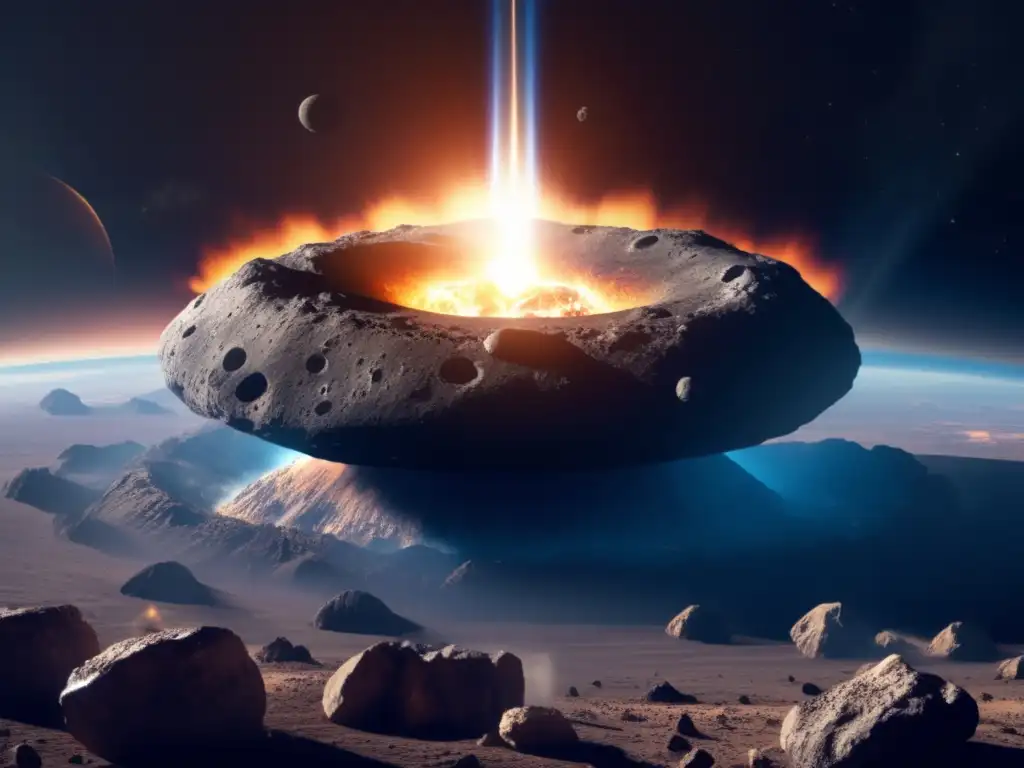
Size Does Matter
The size of the asteroid is critical when it comes to the amount of damage it can do. The larger the asteroid, the more energy it releases upon impact. An asteroid just a few miles wide can destroy the entire surface of the planet and cause an extinction event. This is because the impact creates a blast wave that travels through the atmosphere, flattening everything in its path.
Fire and Brimstone
When an asteroid impacts Earth, it generates a tremendous amount of heat as it enters our atmosphere. This heat is so intense that it can cause wildfires thousands of miles from the impact site. These wildfires, coupled with the blast wave, can lead to widespread destruction and loss of life.
Changes in Climate
Another effect of asteroid impacts is the changes in the climate. The impact releases huge amounts of dust and debris into the atmosphere, blocking out the sun's rays. This can cause a drop in temperature over a long period, leading to global cooling and changed weather patterns. It can also lead to acid rain that can cause further damage to the environment.
Mass Extinctions Caused by Asteroids
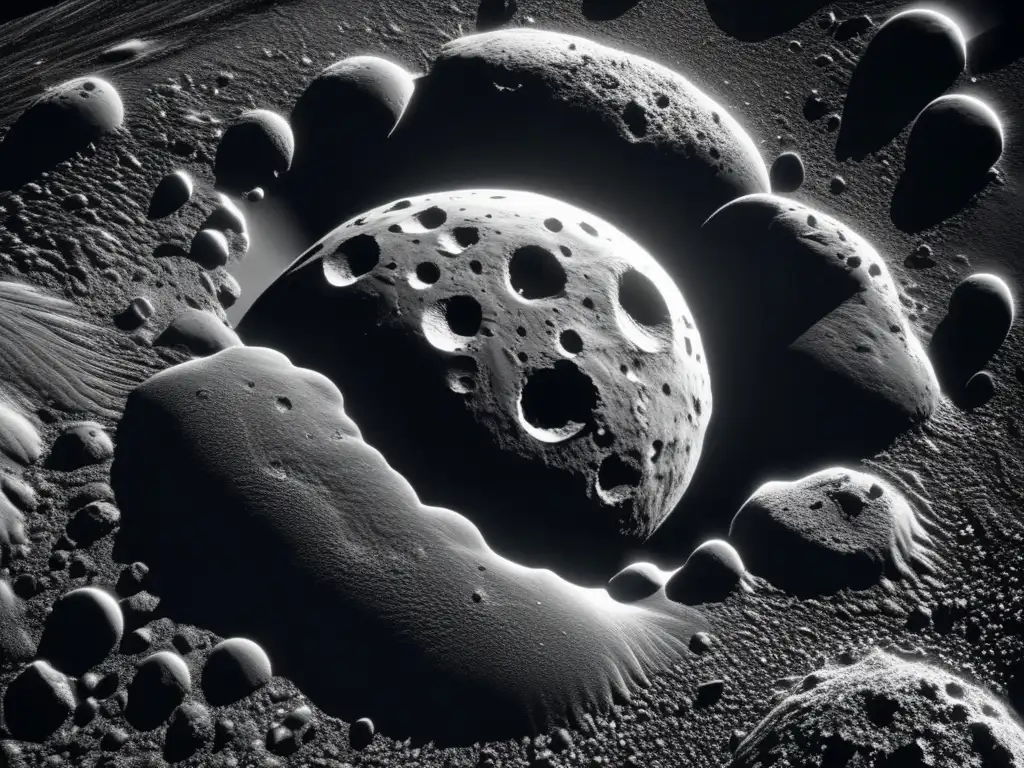
The K-T Event
The most famous extinction event caused by an asteroid impact was the one that occurred approximately 66 million years ago, at the end of the Cretaceous Period. An asteroid estimated to be around six miles wide hit Earth near what is now the Yucatan Peninsula in Mexico. The impact caused a massive explosion and fires, and the resulting dust and debris blocked out the sun's rays, leading to a global cooling period. It is widely believed that this asteroid impact caused the extinction of the dinosaurs and many other species.
The Late Devonian Extinction
About 360 million years ago, there was a mass extinction event that wiped out over 70% of all species on Earth. While the cause of this extinction is still debated, some scientists believe that it was caused by a series of asteroid impacts. The evidence for this theory came from the discovery of several large impact craters that date back to the Late Devonian period, around the time of the extinction event.
The Triassic-Jurassic Extinction
This mass extinction event happened about 200 million years ago, and it is believed to have been caused by either an asteroid or a series of volcanic eruptions. The extinction event wiped out around 50% of all species on Earth, including many marine reptiles and early dinosaurs. The evidence for an asteroid impact comes mainly from the discovery of a large impact crater in Canada that dates back to the same time as the extinction.
Can We Prevent Asteroid Impacts?
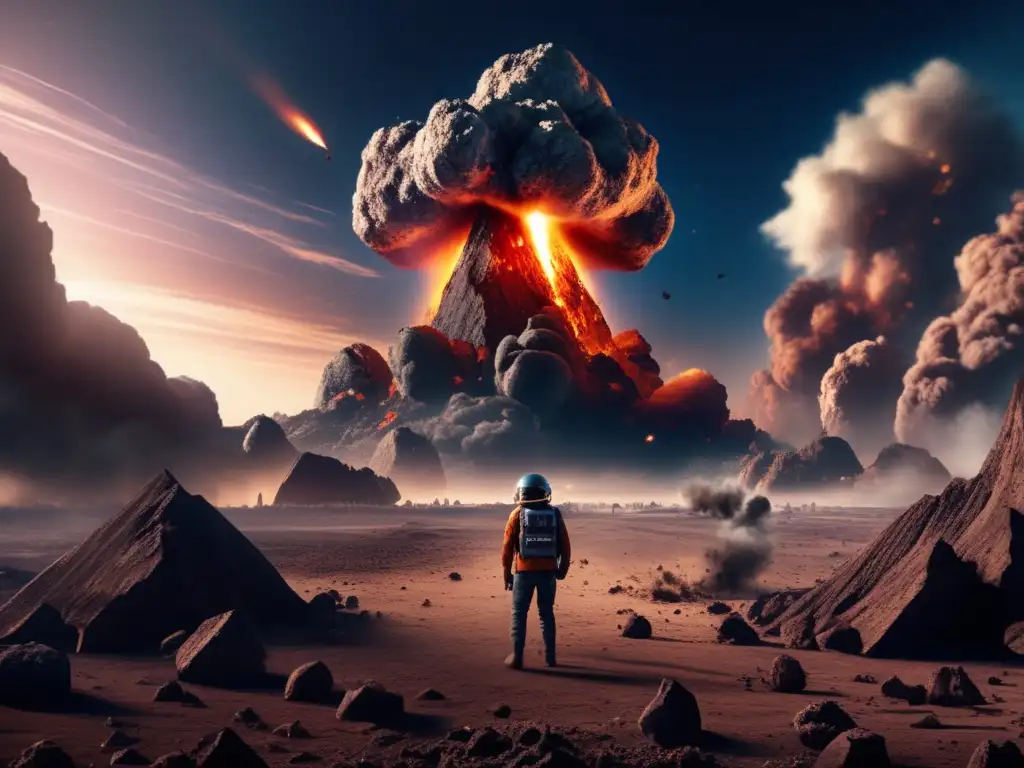
The Threat of Apophis
While the chances of an asteroid impact happening in our lifetime are relatively small, it is still a real threat. One asteroid that has been in the news recently is Apophis. This asteroid is approximately 1,000 feet wide and is expected to pass close to Earth in 2029. While scientists believe that the asteroid will miss Earth, they are monitoring it closely to ensure that it does not pose a threat in the future.
Planetary Defense
There are various ways we can defend ourselves against asteroids. One method is to deflect the asteroid's path using gravitational attraction. Another is to use a spacecraft to deflect the asteroid's path slightly. Scientists also develop simulations to predict and prevent potential asteroid collisions.
Early Warning Systems
An essential part of preventing asteroid impacts is early warning systems that can detect incoming asteroids and provide ample time for preparation. NASA's Planetary Defense Coordination Office is responsible for detecting and tracking near-Earth objects and coordinating response plans in the event of an impact.
Frequently Asked Questions
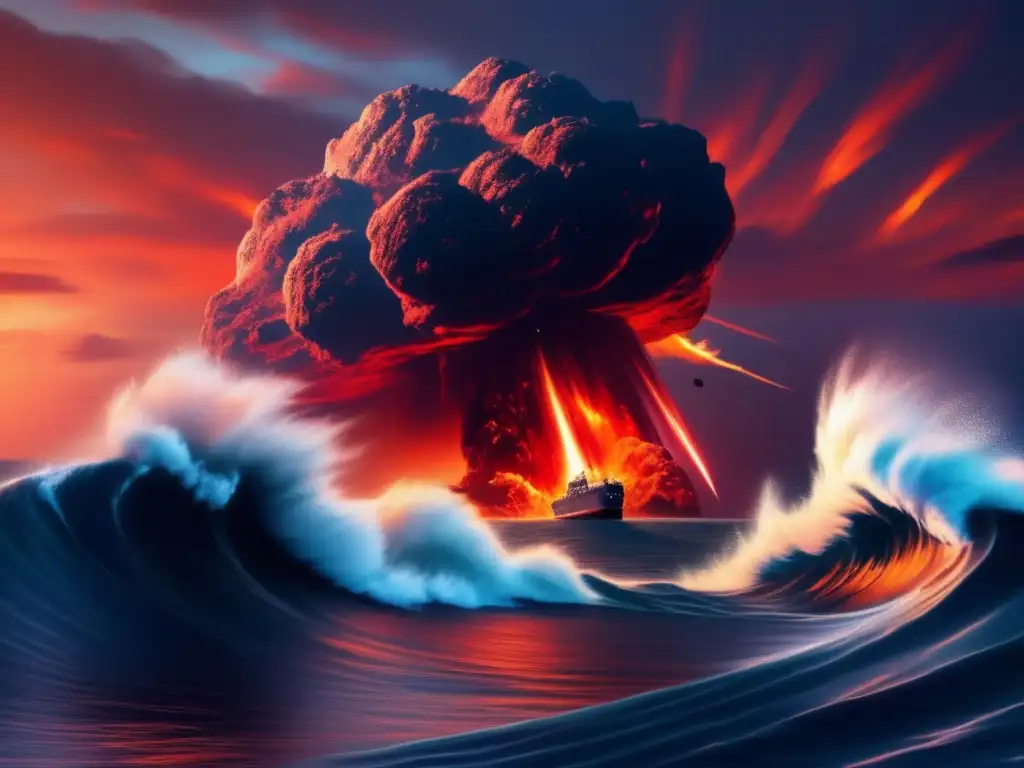
-
Can asteroid impacts cause mass extinctions?
Yes, asteroid impacts can cause mass extinctions by creating changes in climate, fires, and a blast wave that impacts the environment.
-
How do scientists predict asteroid impacts?
Scientists predict asteroid impacts using computer models, simulations, and telescopes to track and study asteroids' paths.
-
What can we do to prevent asteroid impacts?
We can prevent asteroid impacts by deflecting their paths, developing early warning systems, and monitoring potential threats closely.
-
What is the role of NASA's Planetary Defense Coordination Office?
NASA's Planetary Defense Coordination Office is responsible for detecting and tracking near-Earth objects and coordinating response plans in the event of an impact.
-
Have there been any recent asteroid impacts?
There have been no recent asteroid impacts that have caused significant damage or loss of life.
Conclusion
Asteroid impacts have the potential to cause mass extinctions and change the course of history. While we may not be able to prevent all asteroid impacts, we can take steps to detect and prepare for them. Early warning systems and planetary defense strategies are essential in mitigating the risk of asteroid impacts, and they demonstrate our commitment to protecting our planet and all the life it sustains.
At Asteroid Realm, we endeavor to provide valuable and reliable information about these celestial objects. We hope this article has been both insightful and informative for our readers. Please share your thoughts and ideas in the comments section and encourage others to visit our website and learn more about asteroids.
Additional Resources
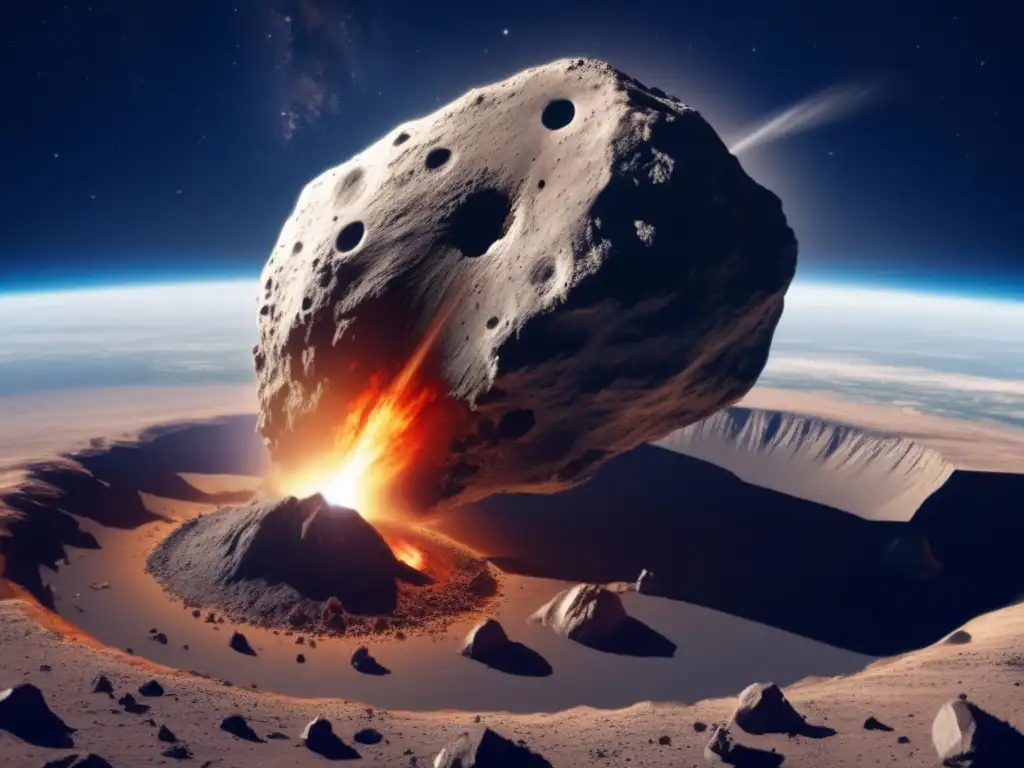
For those interested in delving deeper into the topic of asteroid impacts and planetary defense, the following resources may be helpful:
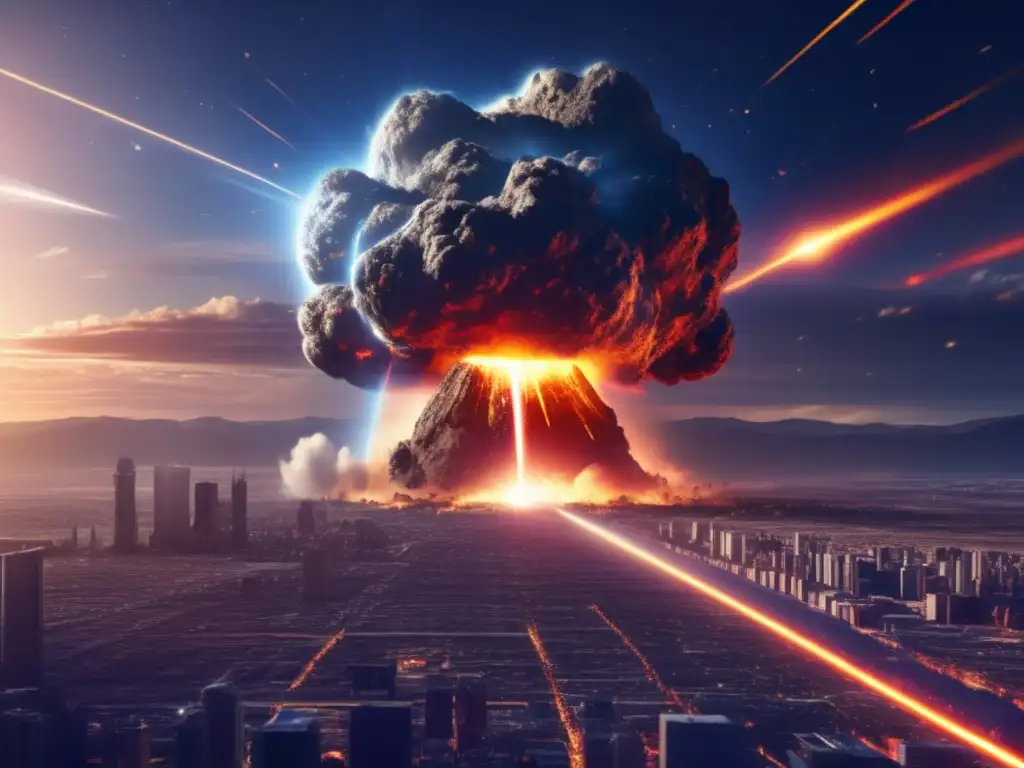 The Sudbury Basin: Clues To A Massive Impact Event
The Sudbury Basin: Clues To A Massive Impact Event The Manicouagan Reservoir: Traces Of An Ancient Asteroid Strike
The Manicouagan Reservoir: Traces Of An Ancient Asteroid Strike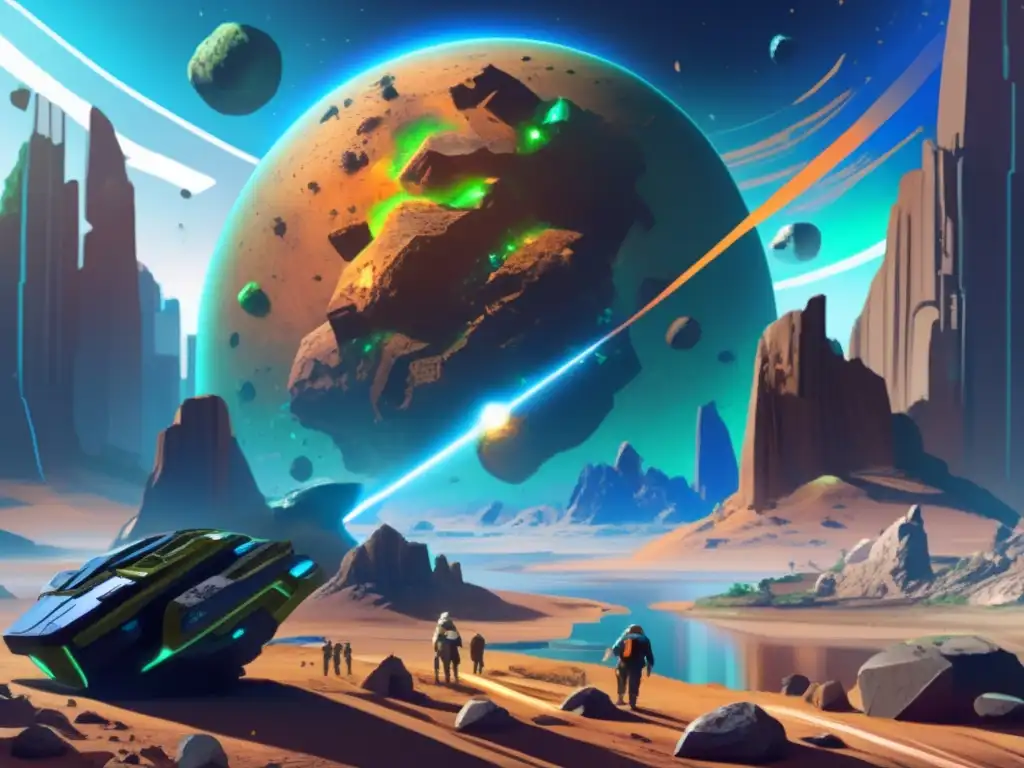 Fractured Earth: Asteroid Impacts And Their Geological Imprint
Fractured Earth: Asteroid Impacts And Their Geological ImprintIf you want to discover more articles similar to End Of The World: How Asteroids Can Cause Extinctions, you can visit the Asteroid Impacts category.
Leave a Reply

Articulos relacionados: